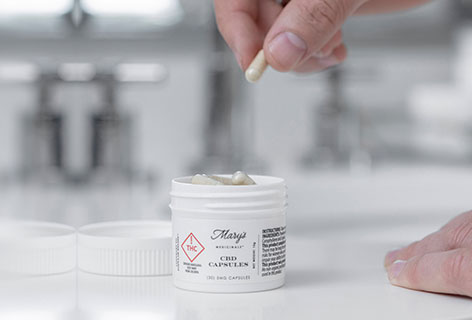Sarah M. Cohen reports on sessions from CannMed 2018:
A popular book from 2012 was Men Are From Mars, Women Are from Venus by Dr. John Gray. It studied the fundamental psychological differences between men and women. In Los Angeles, Dr. David Meiri told the CannMed attendees that difference may extend to the cellular level as well.
As an Assistant Professor of Biology at the Technion-Israel Institute of Technology and a member of the Technion Integrated Cancer Center, Dr. Meiri leads one of the largest labs in the world focused on the endocannabinoid system and the role cannabinoids might play in human disease and wellness. He directs the work of forty-five scientists who are researching, among other things, cancer, sleep disorders, Alzheimer’s, and epilepsy.
The big takeaway is this – there is a HUGE difference in the effectiveness of cannabinoids to treat symptoms between males and females, regardless of if we are talking about humans or mice. We still don’t understand why this is. Dr. Meiri suspects it may be a function of gender differences in density and location of some of the lesser-known endocannabinoid receptors.
For example, in an Israeli study of 120 autistic children who presented with severe symptoms, including violence, a high-CBD/low THC solution was used to determine its effectiveness on thirty-two different parameters. There was a reduction in violence, anxiety and improved sleeping in 82% of the male children, but close to 0% improvement in female children. In a study of repetitive movements 48% of the male subjects showed improvement while close to 0% of the females did. And, again, when eye-contact was measured, male children (47%) had increased eye contact and there was no measurable change among female children.
In a study of “designer” mice bred to develop the debilitating plaque that contributes to cognitive decline in Alzheimer’s patients, male mice can be ‘cured’ of this plaque while the same treatment in female mice leaves plaque levels unchanged. And, similar gender differences have been found when studying the effects of cannabis on sleep disorders.
Despite the grim implication of these findings for women and girls, Dr. Meiri’s frank confusion about this puzzling data was refreshing. We must know the problem exists before we can hope to solve it! Thank goodness for people like Dr. Meiri and for countries like Israel that are working to improve all lives – be they female or male!❖









